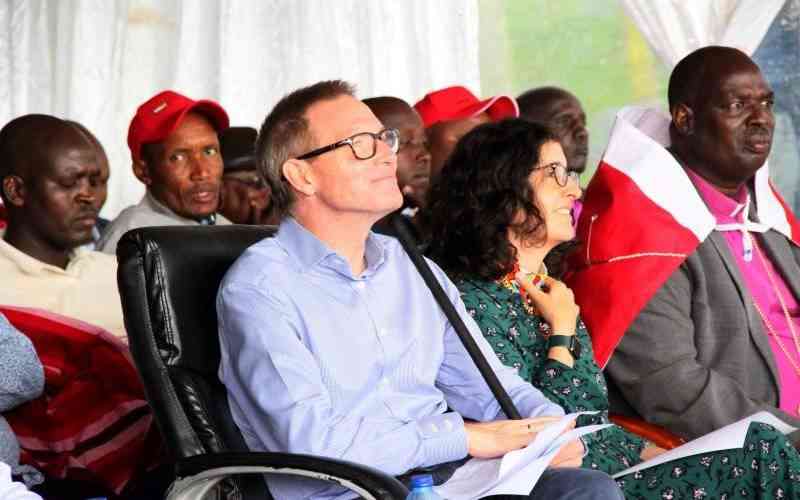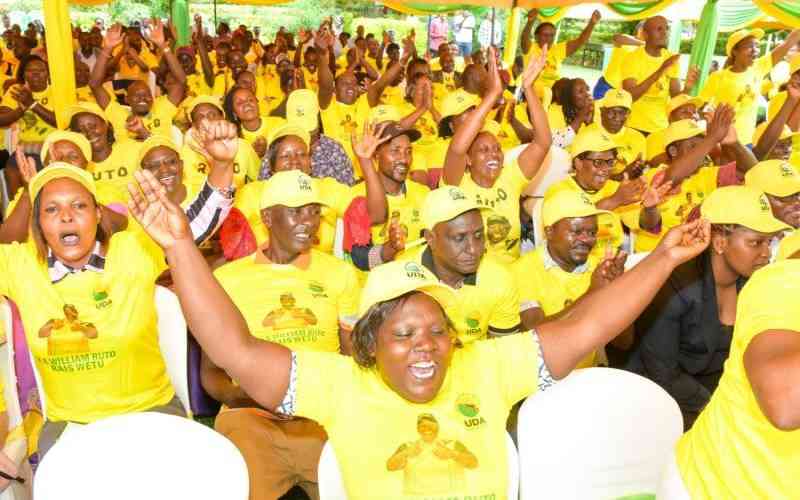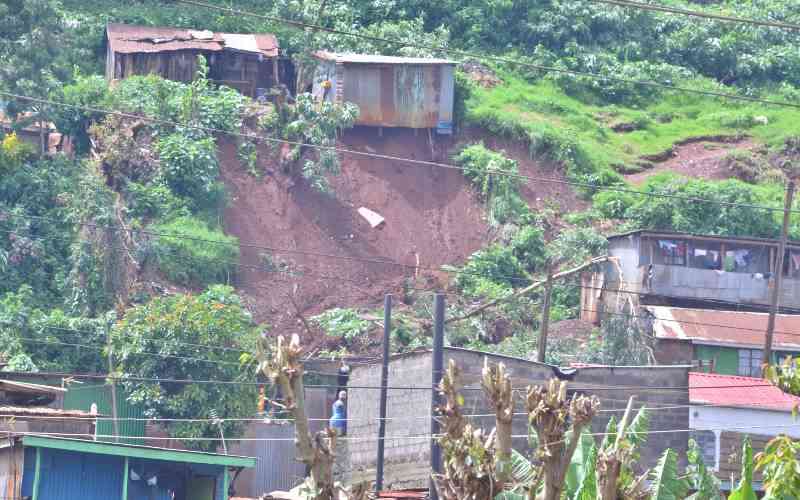By Barrack Muluka
Throughout history, social organisation has without exception defined itself around resources. Conversely, social disorder also thrives around resources. It all depends on which choice the leaders want.
Those privileged to exercise political power can only ill afford to ignore these truths. For, their primary role is to relate their subjects to each other and to resources in a just and fair manner. If they fail in this, the entire society pays heavily. Pressures generated by unjust resource profiles will ultimately explode in resounding social mayhem. Leaders who ignore or suppress this imperative invariably sink their people into destructive internal conflict. For this matter, all wars in history have been fought over resources. This is regardless that there is a superabundance of resources or, alternatively, a shortage.
When resources abound, we fight to control them. When they are scarce, we fight not to be locked out. That is why we have the institution of Government – to tame and organise us peacefully around wealth. Or shall we say to organise wealth peacefully around us? The bottom line is there must not only be justice and fairness in this organisation, the two dividends must be seen to exist. When politicians ask for votes, they are in essence asking for authority to preside over us and our resources. Naturally, we expect them to give us a value proposition, vis-à-vis our future and the ownership, distribution, development and use of our resources. We can only expect dialogue about resources in campaign periods and processes.
If a presidential candidate cannot talk about resources, we must wonder what he expects to do when he gets to State House, besides being mesmerised by marinated lawns and the morning sunshine in the ornate gardens.
Inspector General of Police, David Kimaiyo and the National Cohesion and Integration Commission Chairman Mzalendo Kibunjia, are wrong. They have told Kenyans not to talk about land during this election campaign season. Land is the most important resource in Kenya. You could not possibly have a national election and tell the country its most important resource is banned from the election agenda. You might as well consider banning the election altogether. Indeed, what is not controversial and emotive in a society often been mismanaged? Is it not emotive when your child sleeps hungry? Should we not talk about food? But how do you talk about food without talking of land? What about not being able to pay a simple hospital bill when someone else flies to Europe for routine medical check up?
Ultimately, everything that touches on people’s welfare is emotive. Religion, education, transport, environment – everything. And they boil down to resource and resource distribution and use. In Kenya, it is land.
People like Harry Thuku, Jesse Kariuki and James Beuttah knew these self-evident truths as early as in the 1920s. They formed the Kikuyu Central Association to fight for the return of the stolen lands. Our land problems began in earnest with the arrival of Charles Eliot – for whom the bread you eat was named – in 1903. He got here in the wake of the completion of the construction of the Uganda Railway.
Eliot was made the British Consul in Kenya, then known as the British East Africa Protectorate. To make the railway pay for itself, he spearheaded the policy of alienating Kenya’s highlands and giving them to European settlers. They would farm and make the protectorate pay for the railway. The land problem was set in motion. Efforts to reclaim the land were futile. Land alienation went on, relentlessly, up to the 1940s. The most affected, the Kikuyu, formed the Kenya Land Freedom Army, otherwise known as the Mau Mau, to fight for their land. The British responded with exceptional brutality. The story is well documented – Frank Furedi, Bruce Berman, John Lonsdale, Wunyabari Maloba, Colin Leys, Tabitha Kanogo, David Throup, Charles Hornsby – the story is there for all to interact with.
Those fighting for land rights have always been demonised and brutalised. Colonial settlers painted the land freedom fighters as “dark and satanic in content and inspiration.” JS Lipscomb and LSB Leakey have been cited in history. Lipscomb wrote the book We Built a Country, while Leakey wrote Defeating Mau Mau. Wunyabari Maloba observes that they painted Mau Mau as “essentially a destructive and illogical, barbaric and of course unwarranted movement.” JC Crothers looked at Mau Mau from a psychological platform. Listen to him, “(Mau Mau) is mass madness, a case study of a people whose weak tribal cohesion and worldview, if not culture, has been broken down in the face of a superior and more profitable culture.”
The logic remains – demonise them. But the Mau Mau story was concurrently a struggle against settler oppression and a civil war within the Kikuyu community. They were split between the land freedom fighters and the home guards. The home guards connived with the settlers to defeat the struggle. When eventually the settlers and the colonial government left, it was the home guards, who had the last laugh. The benefits of independence ended up in their lap. Ngugi wa Thiong’o has dramatised this in A Grain of Wheat. The freedom fighter returns from the forest or prison to discover the home guard has not only grabbed the land and political power, he has also impregnated the Mau Mau man’s wife. And now he laughs at him.
For the past 50 years, the resource has been abused in a conspiracy wrapped even in our churches. And the Church shakes in its knees, too, when it hears the word “land.”
The question is not whether we should talk about land or not. It is about how we should talk about it. Kibunjia, Kimaiyo and the Church must recognise only the truth can set us free. Let us talk about land. Only, let us do it with mature decorum.
The writer is a publishing editor and special consultant and advisor on public relations and media relations
Stay informed. Subscribe to our newsletter
 The Standard Group Plc is a
multi-media organization with investments in media platforms spanning newspaper
print operations, television, radio broadcasting, digital and online services. The
Standard Group is recognized as a leading multi-media house in Kenya with a key
influence in matters of national and international interest.
The Standard Group Plc is a
multi-media organization with investments in media platforms spanning newspaper
print operations, television, radio broadcasting, digital and online services. The
Standard Group is recognized as a leading multi-media house in Kenya with a key
influence in matters of national and international interest.
 The Standard Group Plc is a
multi-media organization with investments in media platforms spanning newspaper
print operations, television, radio broadcasting, digital and online services. The
Standard Group is recognized as a leading multi-media house in Kenya with a key
influence in matters of national and international interest.
The Standard Group Plc is a
multi-media organization with investments in media platforms spanning newspaper
print operations, television, radio broadcasting, digital and online services. The
Standard Group is recognized as a leading multi-media house in Kenya with a key
influence in matters of national and international interest.








